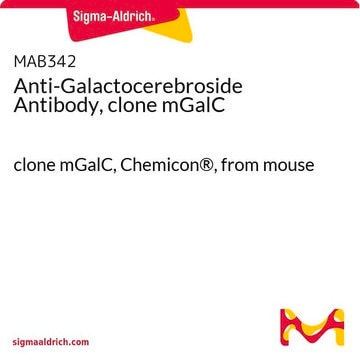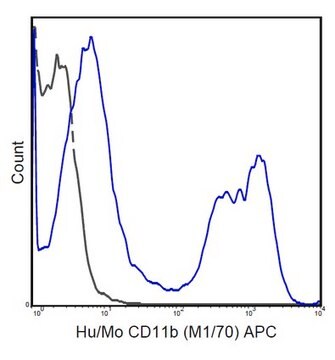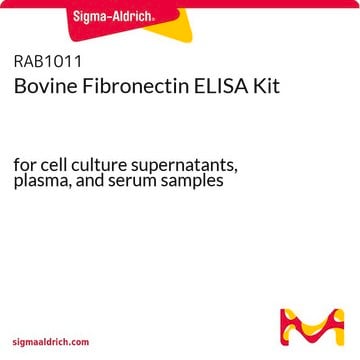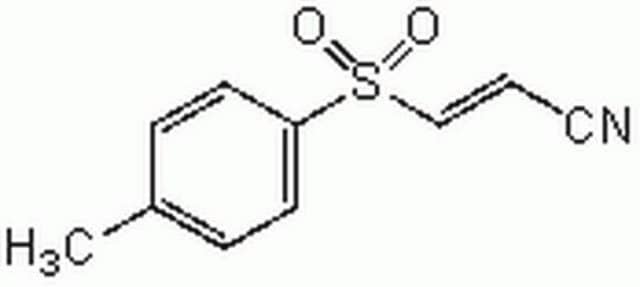07-1512
Anti-phospho-WAVE2 (Ser343) Antibody
from rabbit, purified by affinity chromatography
Synonym(s):
SCAR2, WASF2, dJ393P12.2, WASP family protein member 2, Protein WAVE-2, Verprolin homology domain-containing protein 2
About This Item
Recommended Products
biological source
rabbit
Quality Level
antibody form
affinity isolated antibody
antibody product type
primary antibodies
clone
polyclonal
purified by
affinity chromatography
species reactivity
human, monkey
technique(s)
western blot: suitable
NCBI accession no.
UniProt accession no.
shipped in
wet ice
target post-translational modification
phosphorylation (pSer343)
Gene Information
human ... WASF2(10163)
General description
Specificity
Immunogen
Application
Cell Structure
Cytoskeletal Signaling
Quality
Western Blot Analysis: A 1:500 dilution of this antibody detected phospho-WAVE2 (Ser343) in 10 µg of COS-7+EGF cell lysates untreated and lambda phosphatase treated.
Target description
An uncharacterized band appears at ~103 kDa in some lysates.
Physical form
Storage and Stability
Analysis Note
COS-7+EGF cell lysates untreated and lambda phosphatase treated.
Disclaimer
Not finding the right product?
Try our Product Selector Tool.
Storage Class Code
12 - Non Combustible Liquids
WGK
WGK 1
Flash Point(F)
Not applicable
Flash Point(C)
Not applicable
Certificates of Analysis (COA)
Search for Certificates of Analysis (COA) by entering the products Lot/Batch Number. Lot and Batch Numbers can be found on a product’s label following the words ‘Lot’ or ‘Batch’.
Already Own This Product?
Find documentation for the products that you have recently purchased in the Document Library.
Our team of scientists has experience in all areas of research including Life Science, Material Science, Chemical Synthesis, Chromatography, Analytical and many others.
Contact Technical Service








